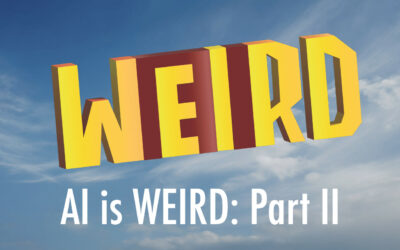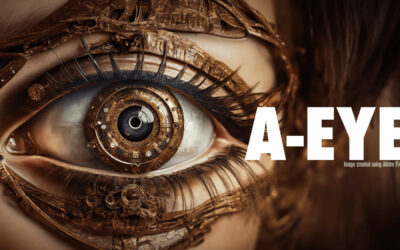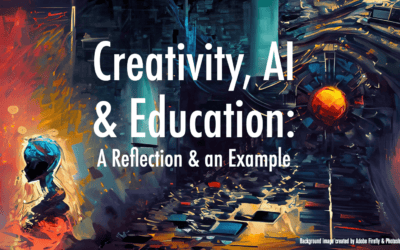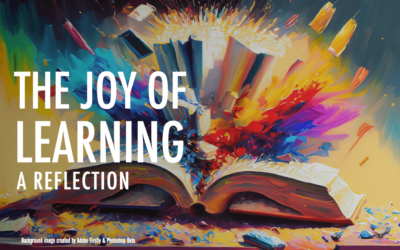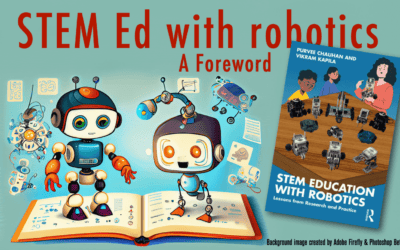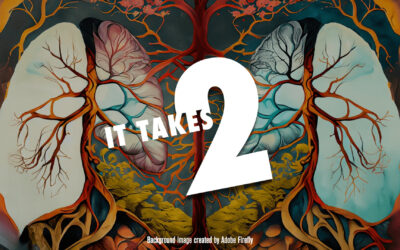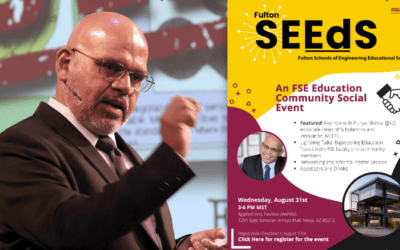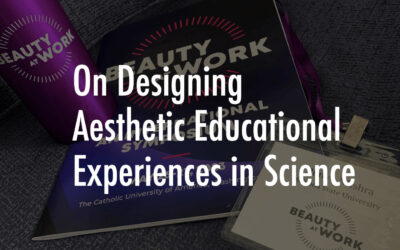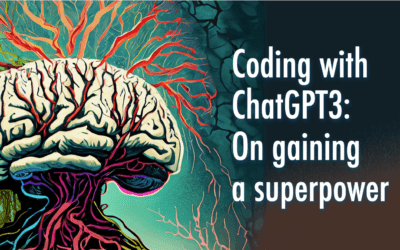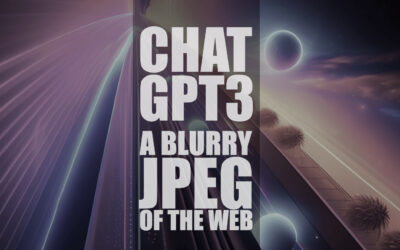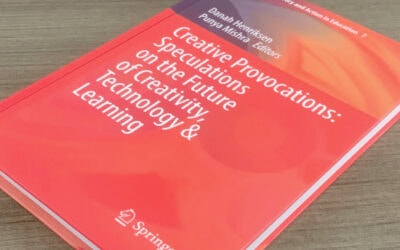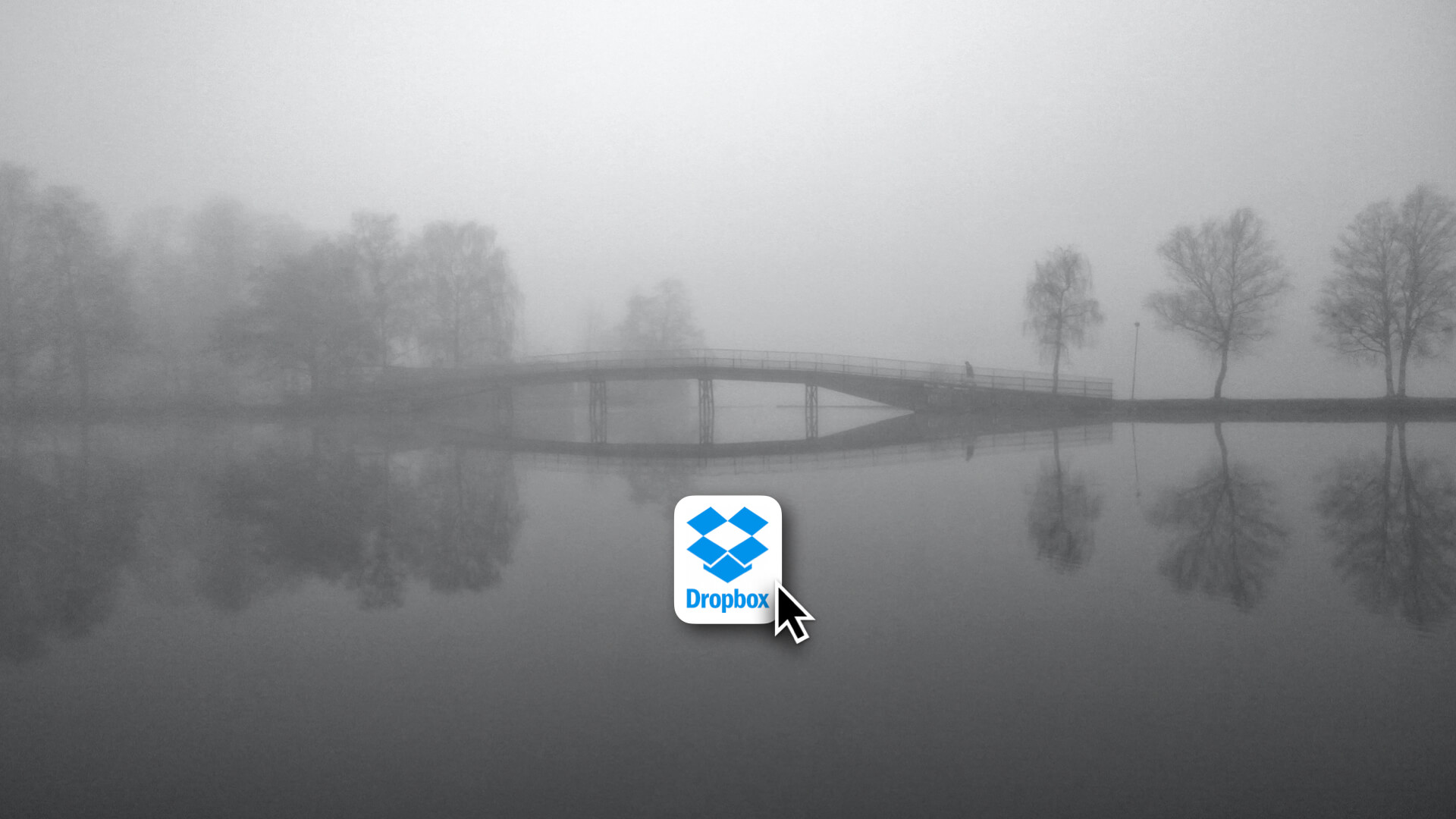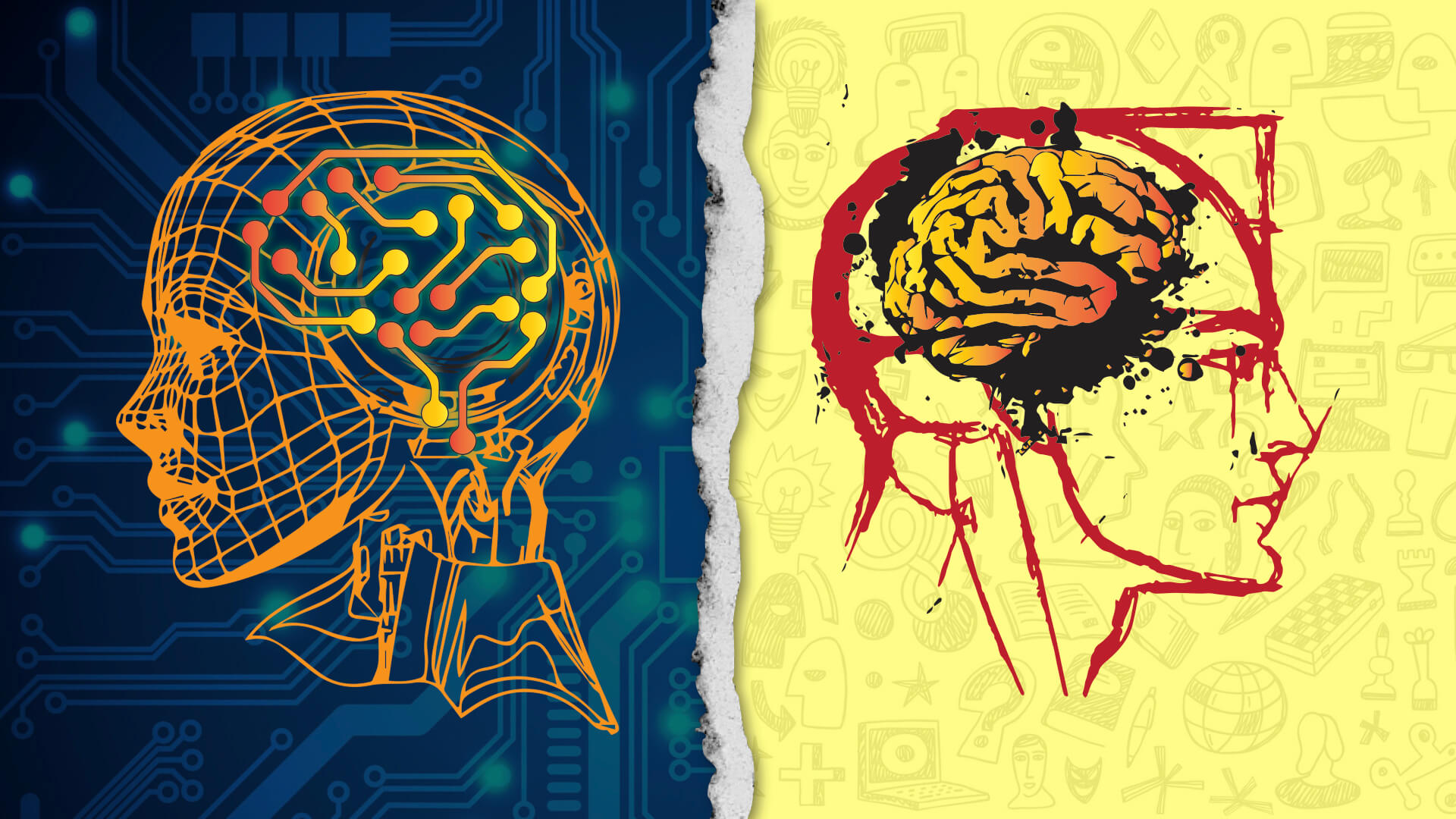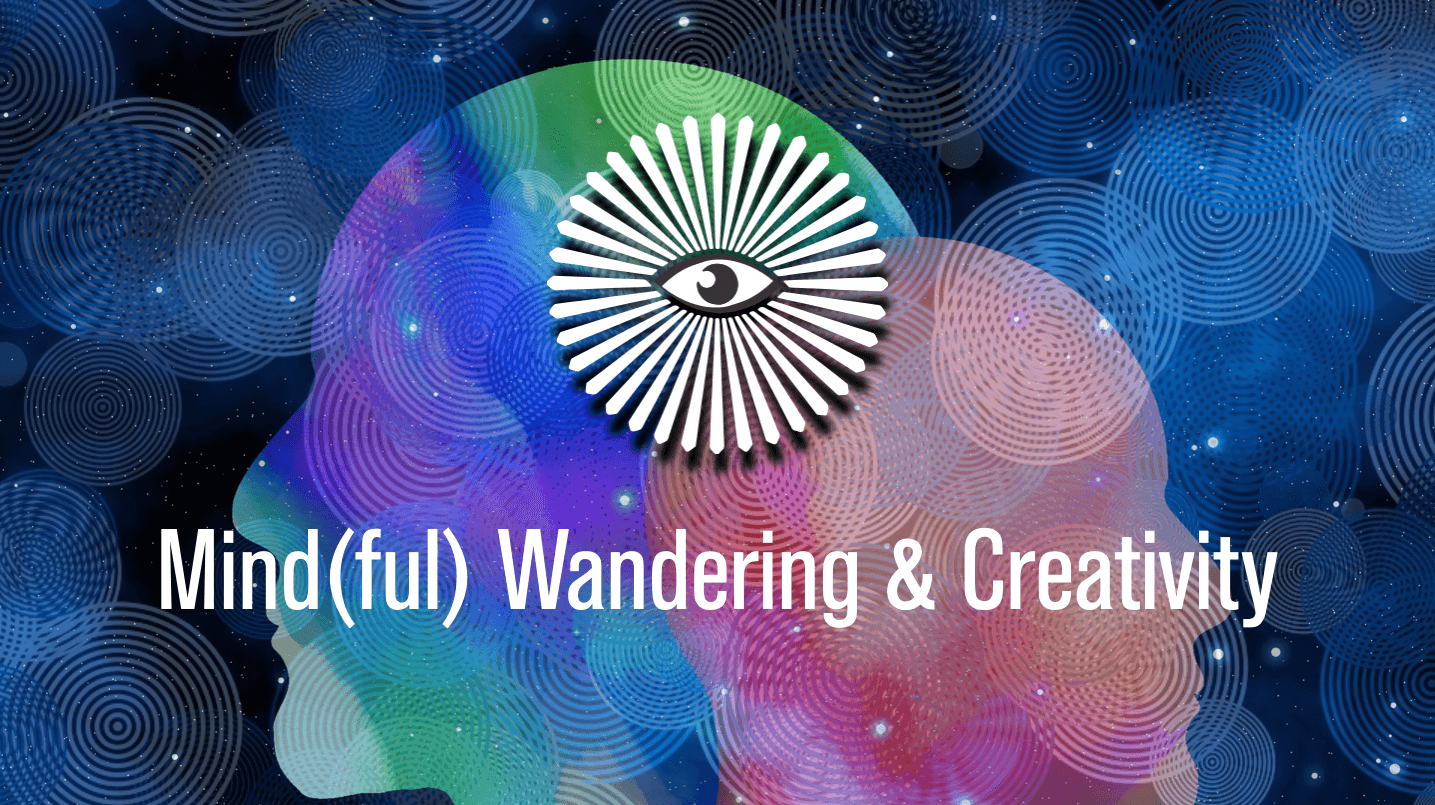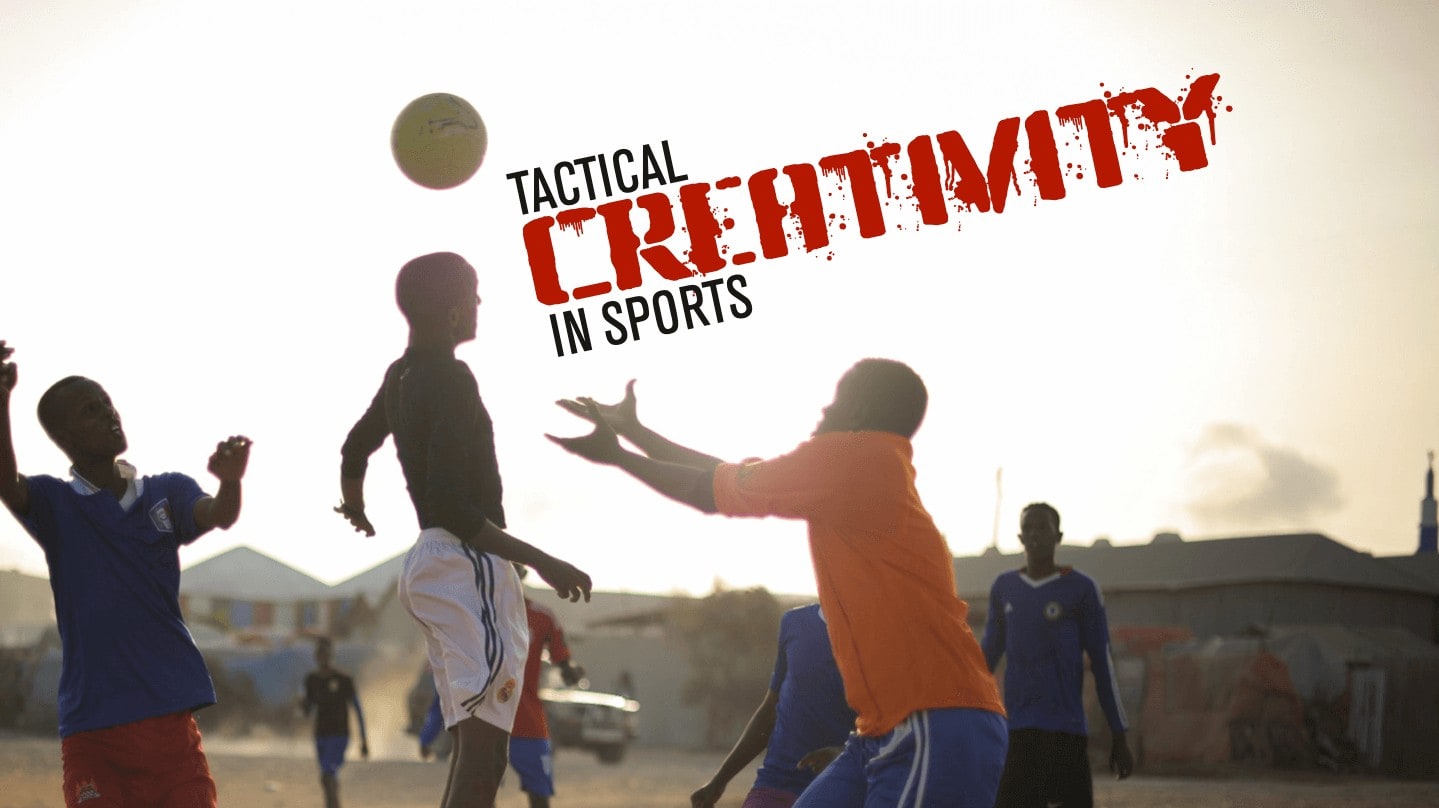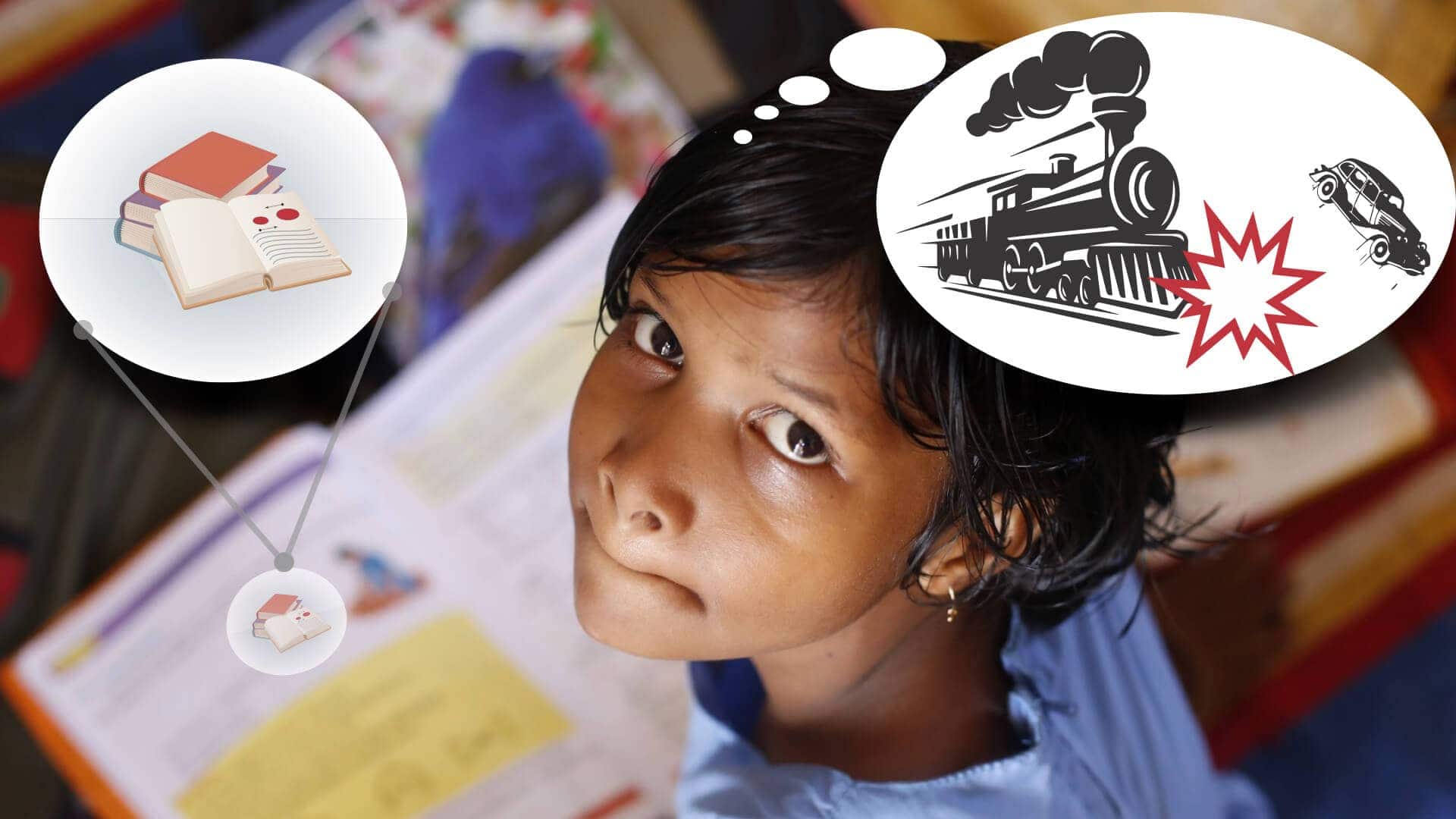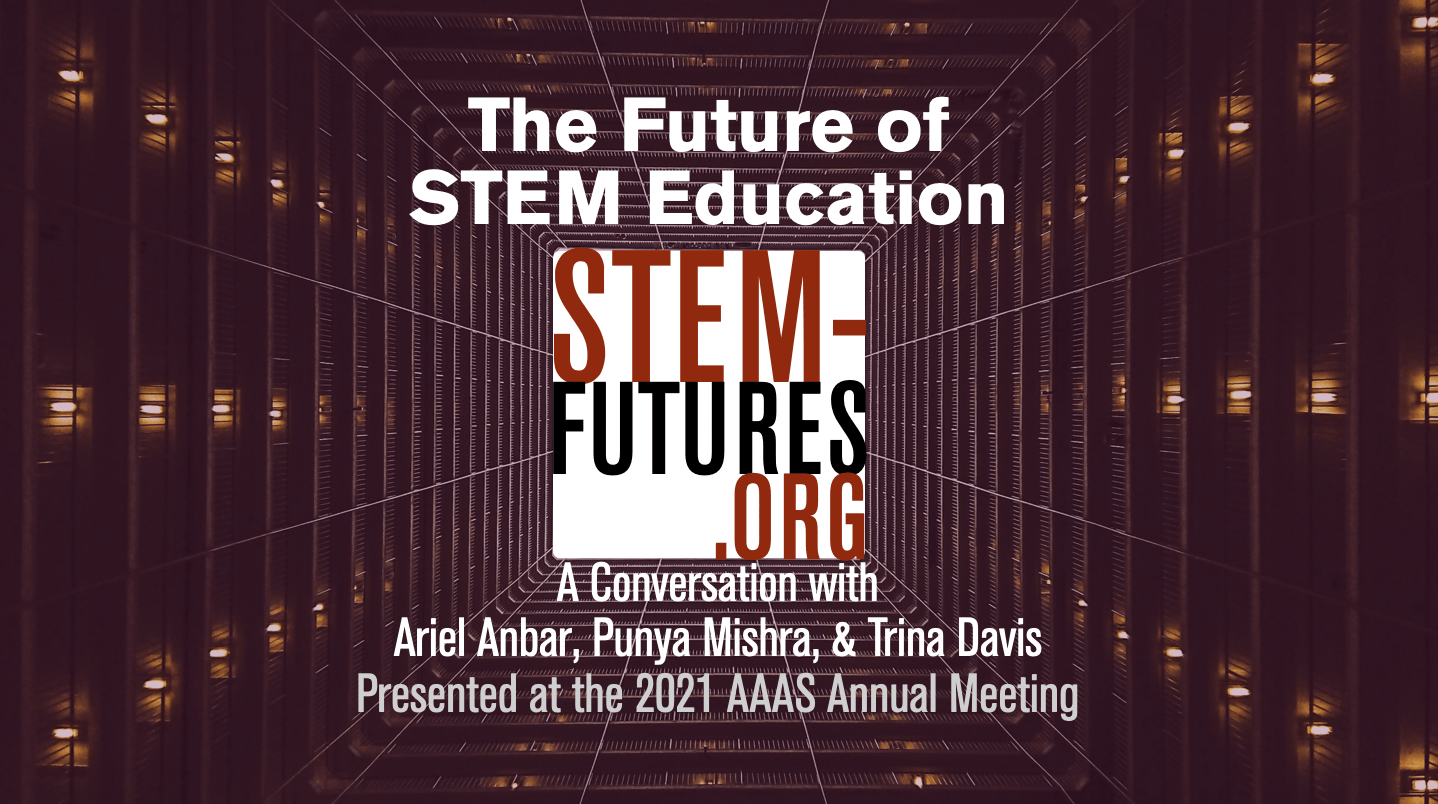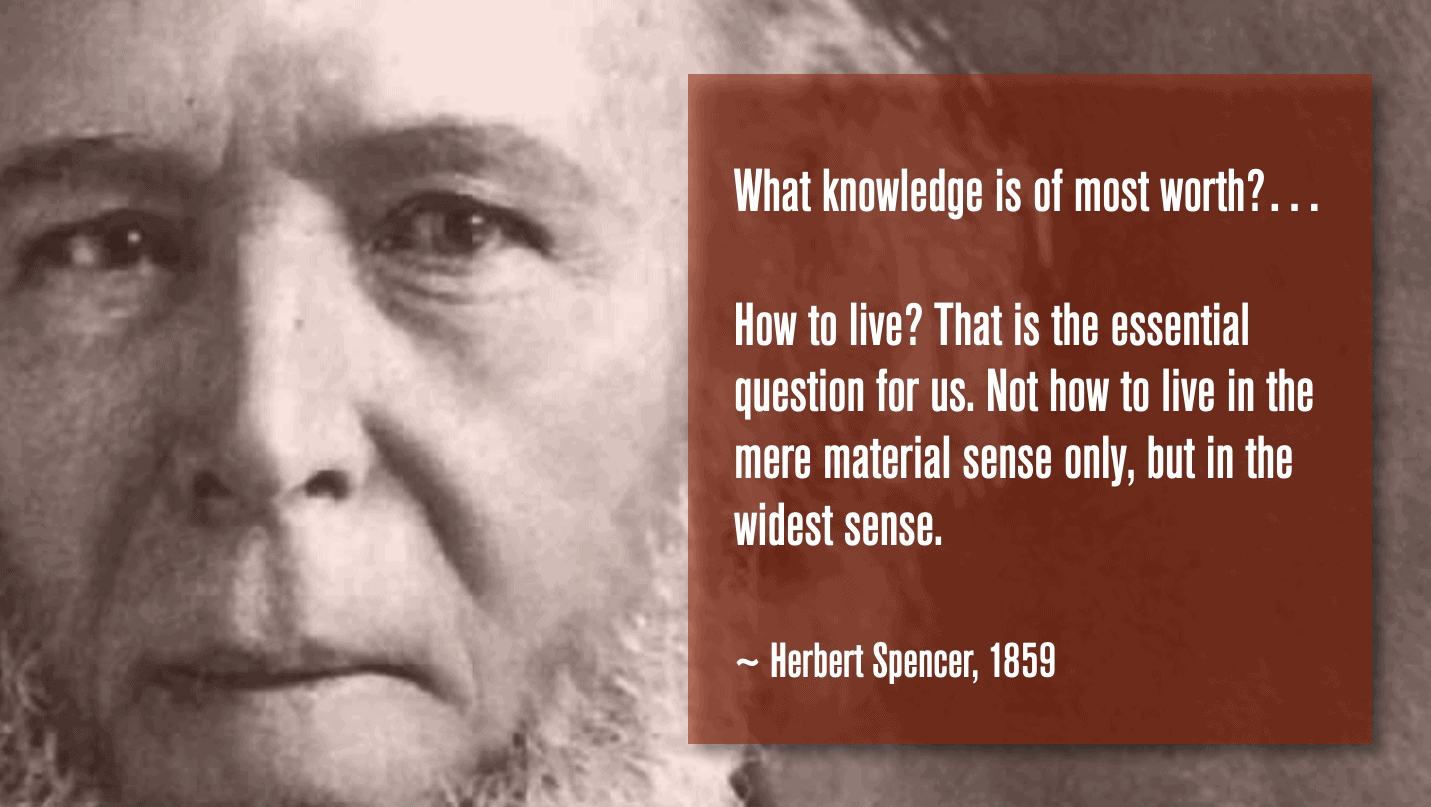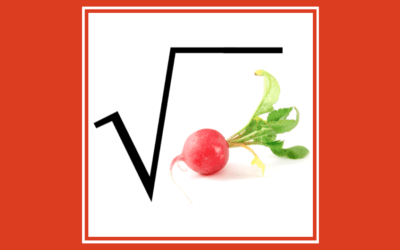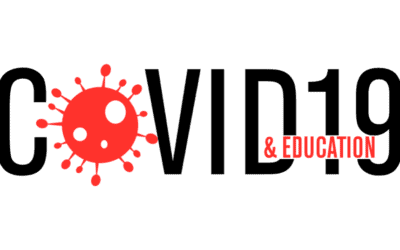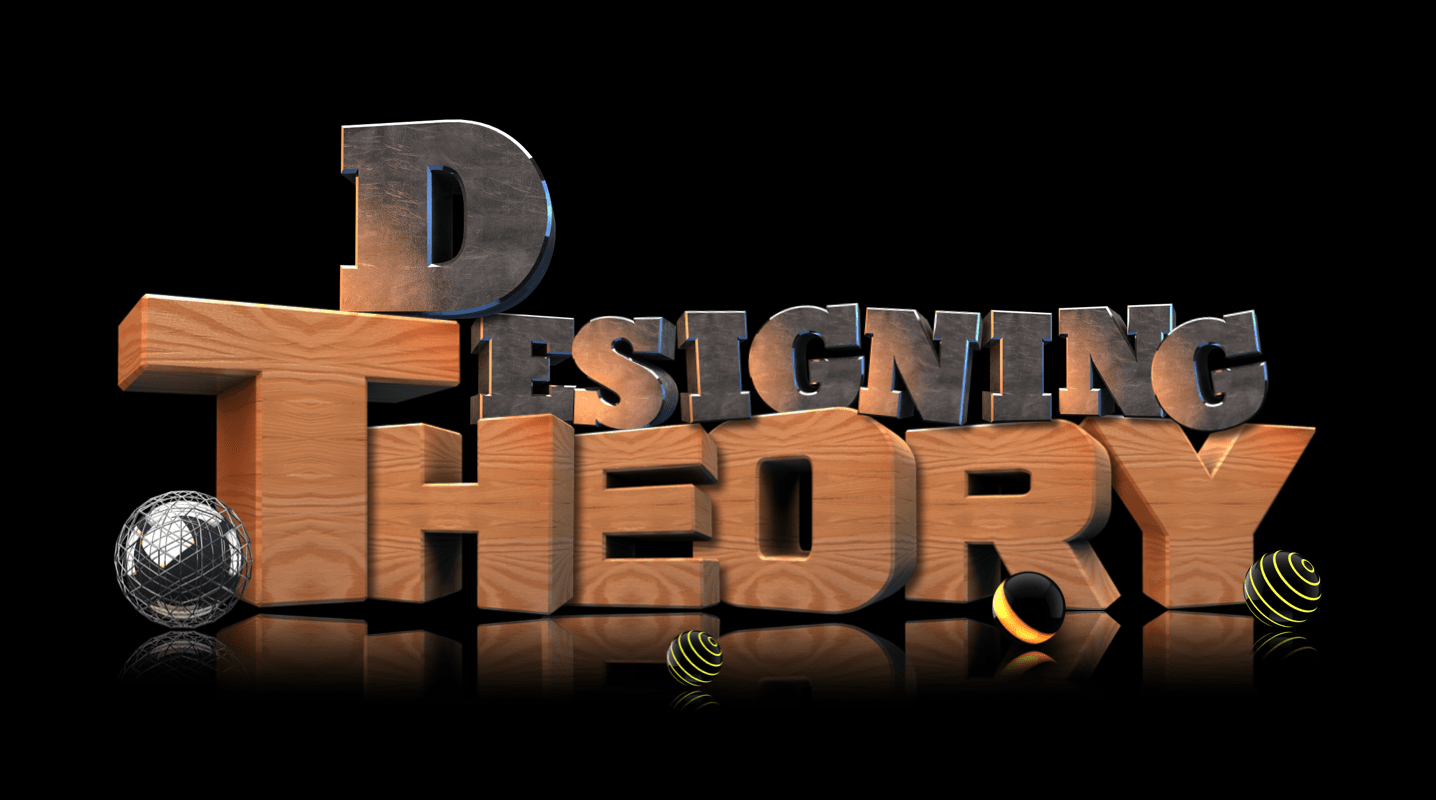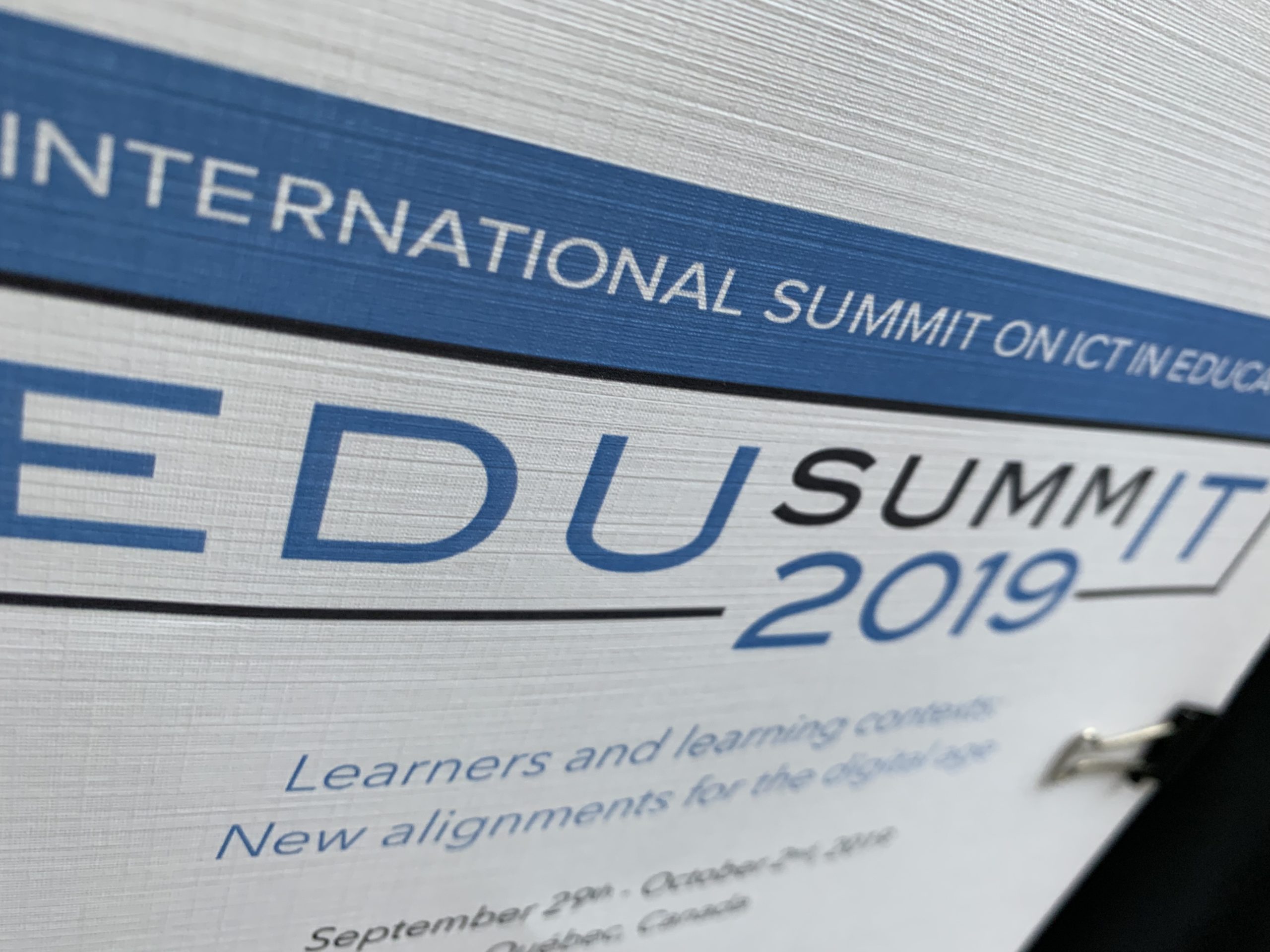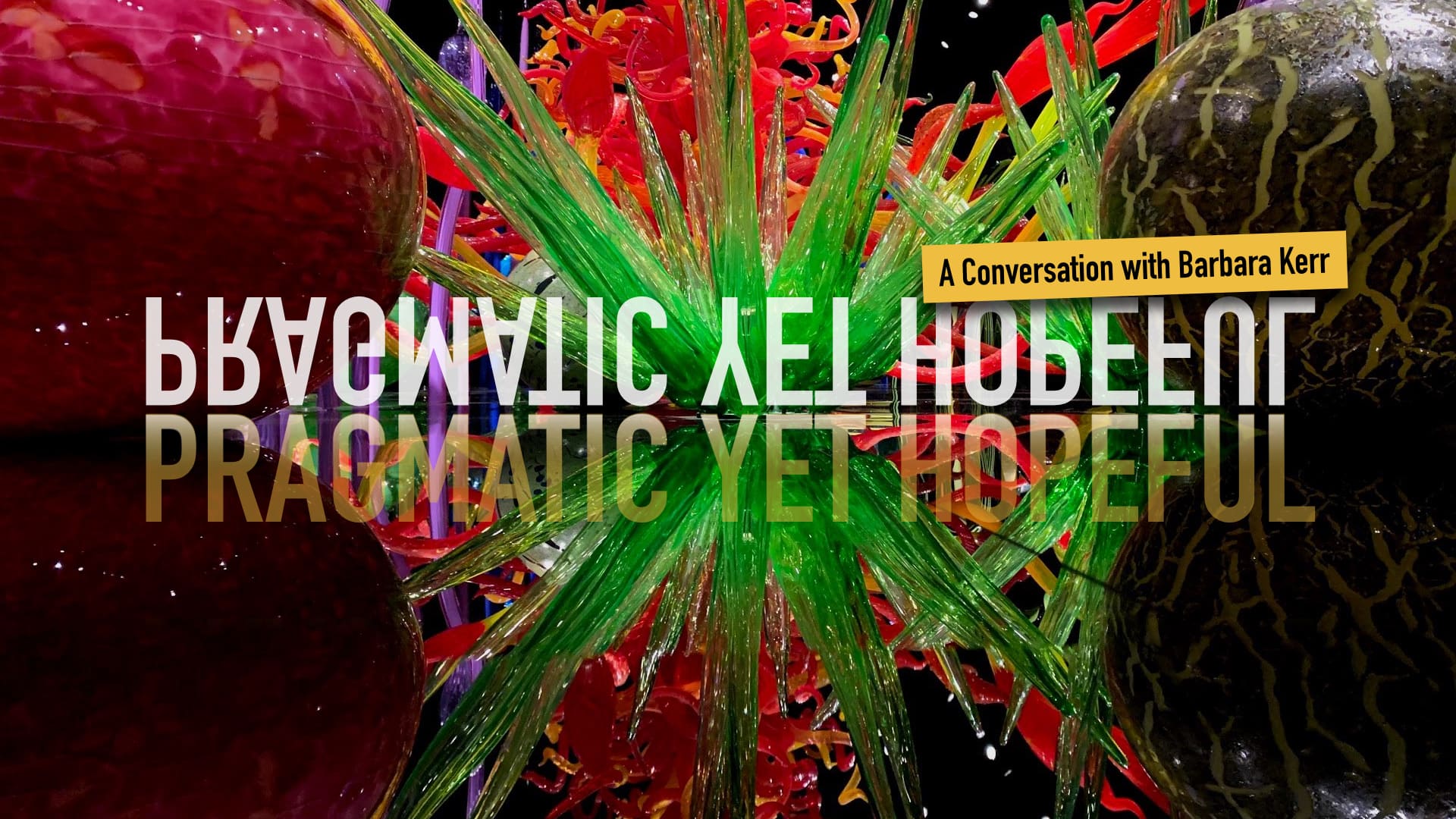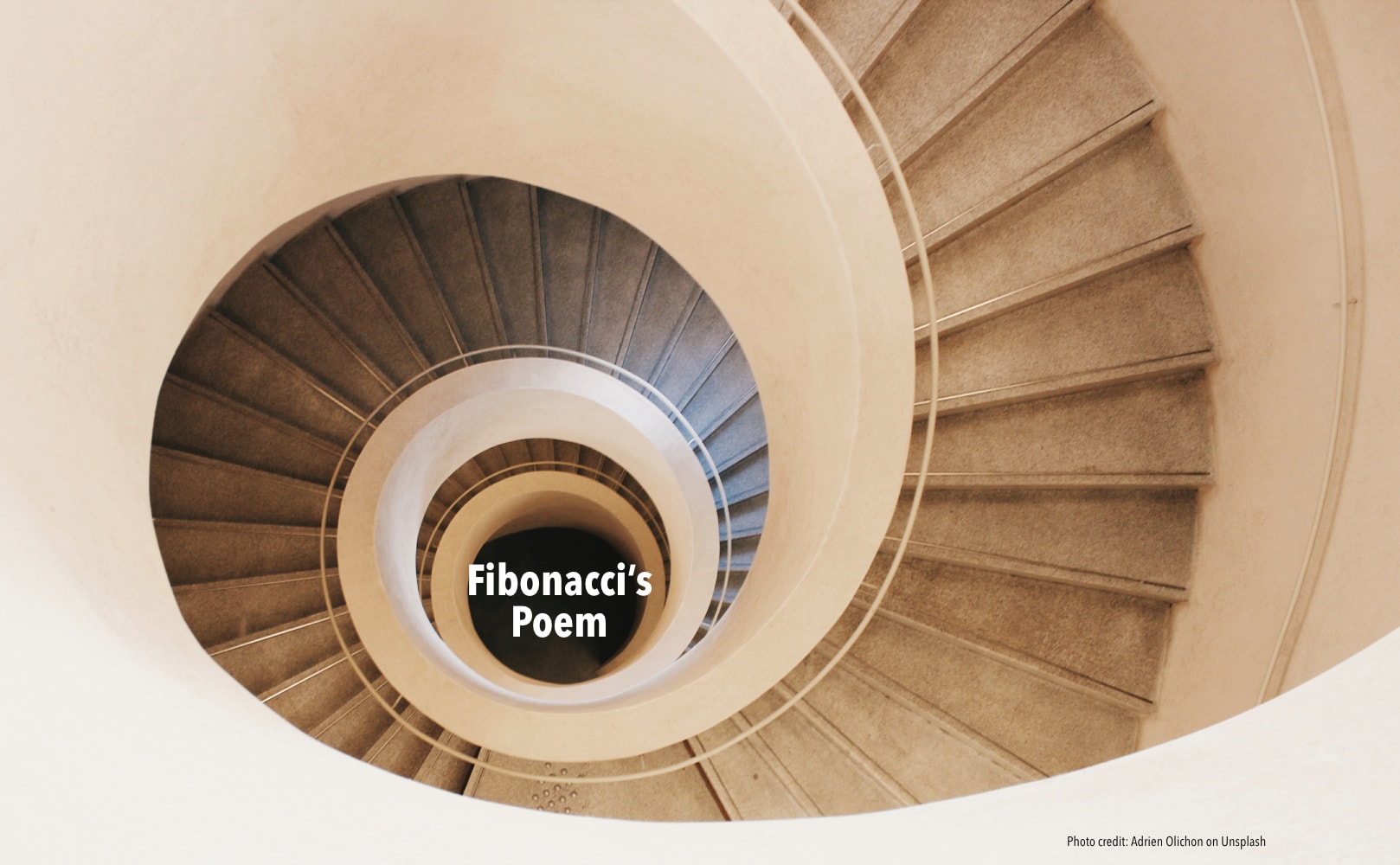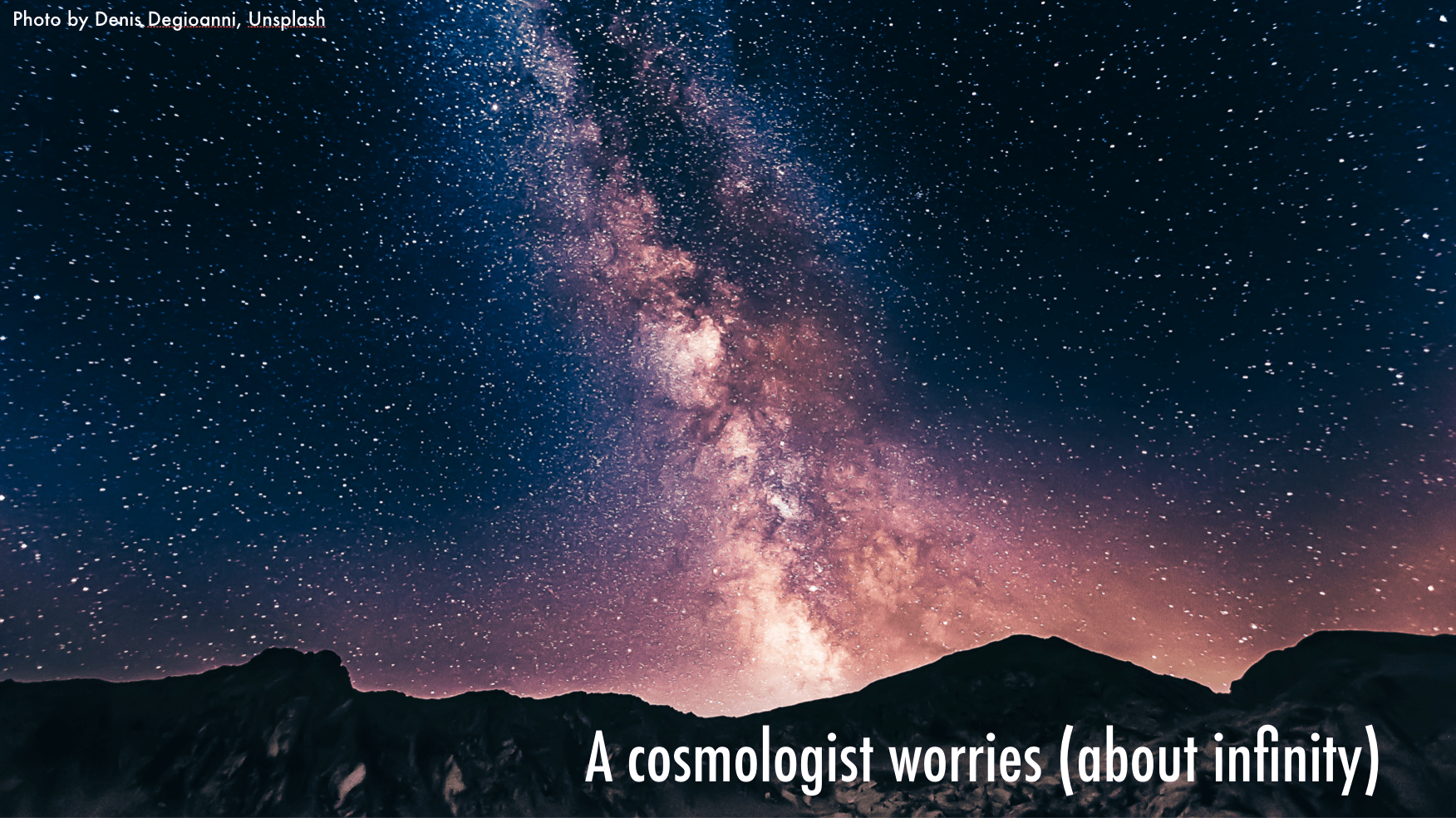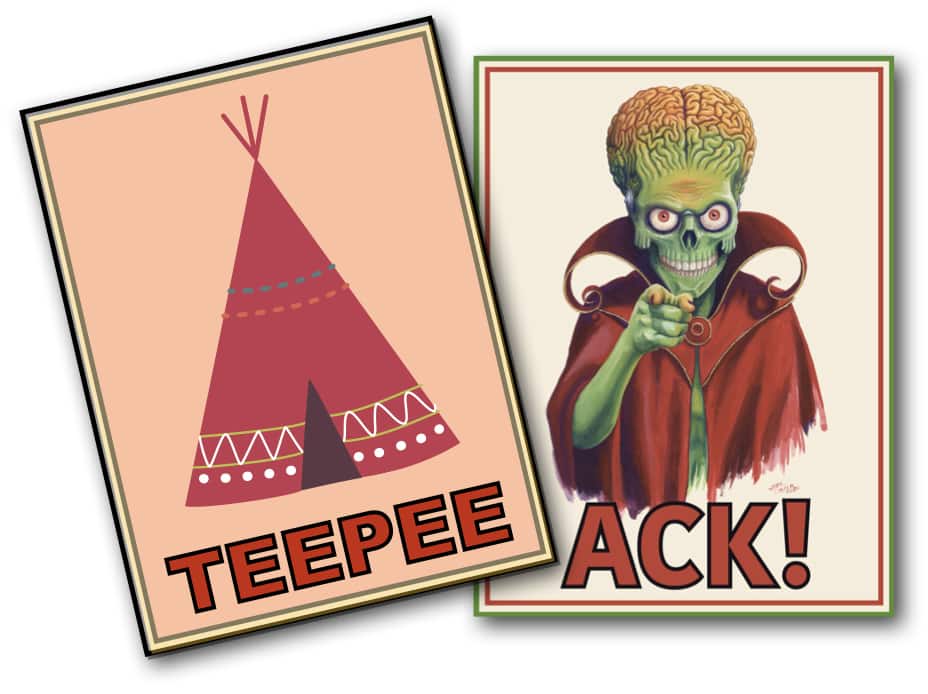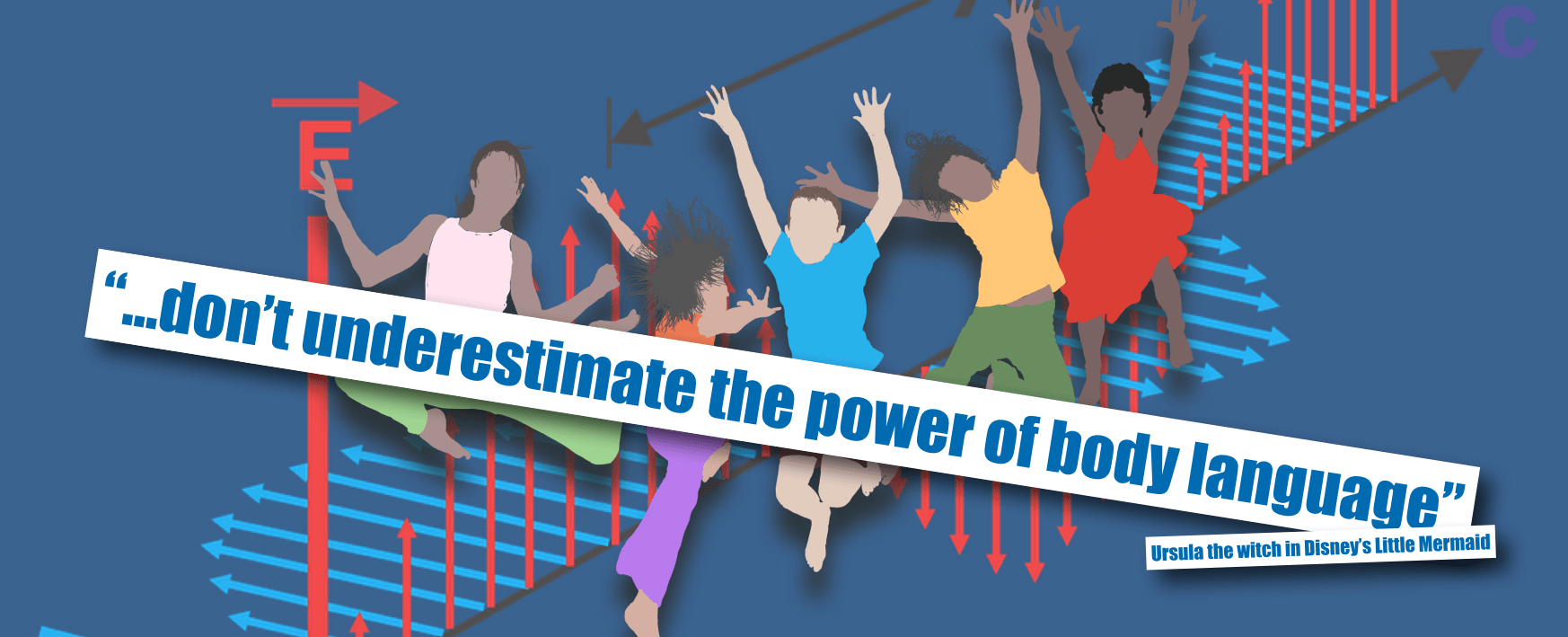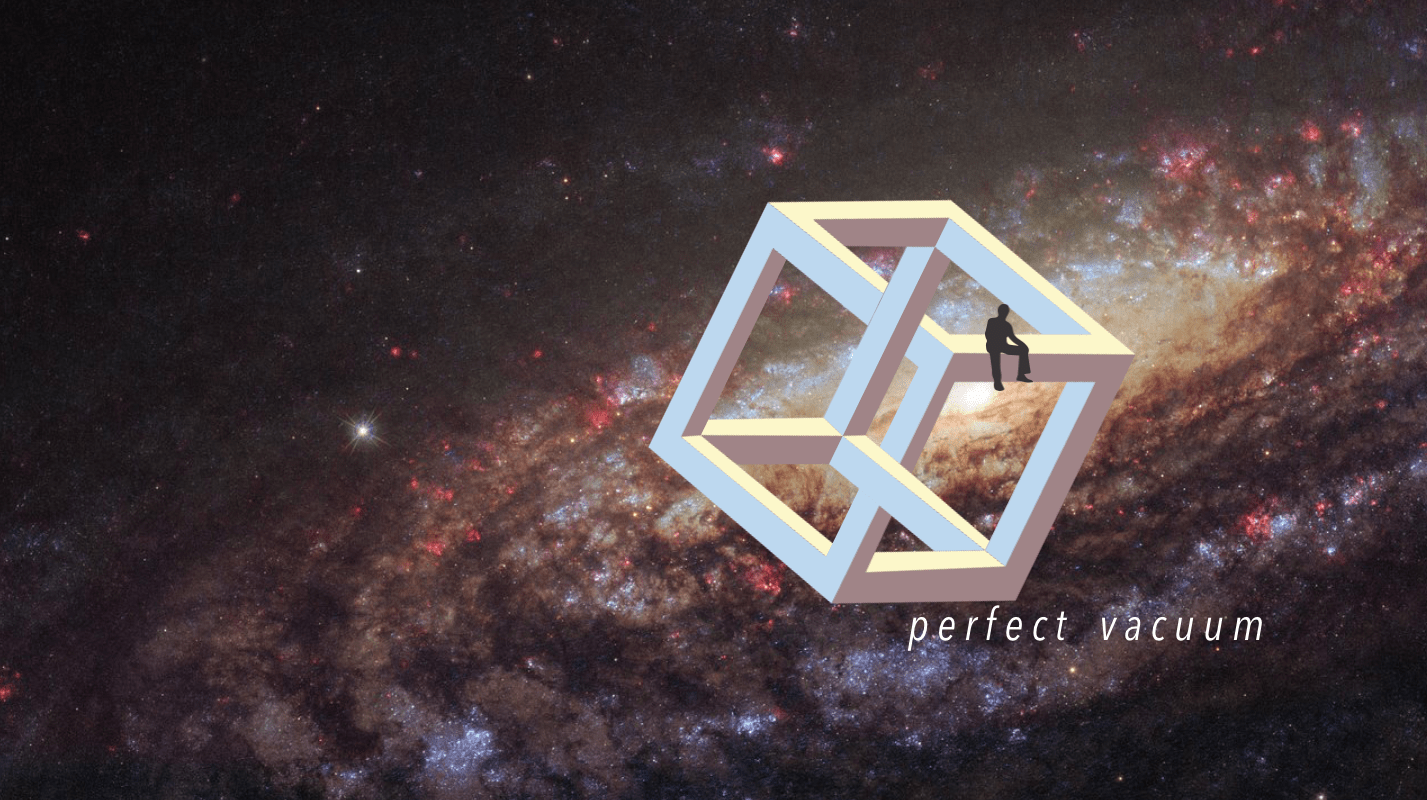Note: The image above is an original design - showing "AI" embedded in the word "WEIRD" Generative AI is weird... as I had written in my previous blog post, identifying some key characteristics I had described in a recent Keynote presentation. In the process of...
A-EYE: When AI can see
AI can now see! And talk to you about what it sees! ChatGPT released its latest upgrade - the ability to not just create images but also to interpret them. I had been waiting for a while now to get access to these new vision features - and just this morning it popped...
Creativity, AI & Education: A Reflection & an Example
Update (added March 17, 2024): There are a few more instances of using GenAI in creative ways that I would like to add to the list below, in particular 2 posts about using the the image analysis capabilities for ChatGPT: When AI can see and Total eclipse of the sun...
The joy of learning: A reflection
What is this thing called learning? What does it mean to learn something? What makes us want to learn? Why is it fun? Why do we want to know? Even as educators, we often don't take the time to ask ourselves these foundational questions. So it is rewarding when we get...
STEM Ed & Robotics: A foreword
Vikram Kapila is a professor in the Department of Mechanical and Aerospace Engineering at NYU Tandon School of Engineering. Vikram and his research associate Purvee Chauhan recently published a book titled STEM Education with Robotics: Lessons from Research and...
It Takes Two: A scientific romp using AI
Dark 'n' Light is an e-zine that "explores science, nature, social justice and culture, through the arts and humanities." It is a labor of love by a small, dedicated team led by Susan Matthews, former legal and policy wonk, turned editor and podcaster. I came to know...
Talk at Fulton School of Engineering
Last August I was invited to speak at an event organized by the Ira Fulton School of Engineering's Learning and Teaching Hub. For some reason I had not posted about it — so better late than never... here it is, a 30 min talk followed by QnA....
On designing aesthetic educational experiences in science
What is the role of beauty (and aesthetics) in science in science education? This is something that I have been interested in for a long time, going back to highschool. Over the years I have built a small body of scholarship around this topic. Sadly, this work does...
Plugin’ into superpowers
I have been playing with couple of the newly released ChatGPT plugins (you have to have the paid version to use them) and want to share some of my early experiments. The two I am going to talk about are the ChatWithPDF and the Wolfram plugins. Short answer, they are...
Coding with ChatGPT3: On gaining a superpower
I had heard that ChatGPT3 could help with writing code and just hadn't much time to play with it. Part of the reason is that I haven't really coded in almost 2 decades (maybe more) so was somewhat hesitant to jump in. But again I kept reading of people doing amazing...
ChatGPT as a blurry jpeg of the web
Ted Chiang is one of the greatest, insightful writers working today. I had written previously about one his short stories in a post titled: Truth of fact and feeling: Unpacking McLuhan (2/3) about his short story The truth of fact and the truth of feeling. (If you...
Aesthetics and science education: Beauty at Work podcast
Beauty at Work is a podcast that "explores how beauty shapes our lives and the work that we do" hosted by Brandon Vaidyanathan, Associate Professor of Sociology at The Catholic University of America. In its first season the focus is on beauty in science. As part of...
Creative Provocations: Speculations on the future of creativity, technology & learning (New Book)
I am excited to announce the publication of a new book, edited by Danah Henriksen and yours truly. Titled Creative Provocations: Speculations on the future of creativity, technology & learning, it is part of the Springer series on Creativity Theory and Action in...
A (Wheatstone) bridge to the past
This is a story of serendipity. Of how an out-of-the-blue email request, about an article I had written over two decades ago, led me to rediscovering authors, books and ideas that I had first encountered back in my high-school days in India and have been deeply...
Can a computer program be sentient? Insights from Rodolphe Topffer, the father of comic books
Can a computer program be sentient? Or are machines just getting good at "behaving" in ways that make it seem that way? And what does the work of a 18th century caricature artist (and father of the modern comic book) help us understand what is going on when we...
Mind(ful) Wandering & Creativity: New article
Illustration by Punya Mishra We have covered a wide range of issues related to creativity, technology and learning in our almost decade-long series that we write for the journal TechTrends. Over the past few years we have conducted almost 30+ interviews with some of...
Tactical creativity in sports
Daniel Memmert is Professor and Executive Head of the Institute of Exercise Training and Sport Informatics at the German Sport University Cologne. A lifelong sports player and enthusiast, Memmert’s research is at the intersection of human movement science, sport...
Common sense in science class
Students can sometimes perceive scientific ideas to be in conflict with their common sense. How do we approach such conflicts in the classroom? Do we see these commonsense ideas as being wrong or, at best, misconceived? Alternatively, do we see them as resources and...
STEM Futures at AAAS
ASU recently hosted, what is known as, the world's largest scientific gathering, the annual conference of the American Association of the Advancement of Science. As as part of this conference I was invited, along with Ariel Anbar and Trina Davis, to talk about our...
Designing the futures of STEM education
“What knowledge is of most worth?” is a question asked over a 100 years ago by the English philosopher, Herbert Spencer. His unequivocal answer was—science. This question (and his answer) resonates even today, though the context within which it is asked, and how we...
Of metaphors & molecules: Bridging STEM & the arts
Update on blog post that was published May 30, 2018 - since the article is now published (2 years since it was accepted for publication). Square Root: Illustration by Punya Mishra What do President Kennedy's speeches have to do with cell biology? And what does the...
COVID19 & Education
The COVID19 crisis has disrupted education globally at an unprecedented scale. In some ways, we are living through the largest educational social experiment in history! Over the past year I have been involved in a range of initiatives, discussions, interviews, and...
Designing Theory: New article
Theory is of incredible importance to scholars and researchers. Theories allow us to understand, explain and predict phenomena in the world. That said it is often difficult to say just where theories come from. The standard model—that data lead to laws, that in turn...
EDUsummIT 2019: eBook released
EduSummIT is a global community of policy-makers, researchers, and educators working together to move education into the digital age. EDUsummIT has been convening every two years since 2009. In each case the participants focus on some significant theme relevant to...
Pragmatic yet hopeful: Talking creativity with Barbara Kerr
Dr. Barbara Kerr is Distinguished Professor of Counseling Psychology, and is co-director of the Center for Creativity and Entrepreneurship in Education at the University of Kansas. She utilizes innovative counseling and therapy approaches to better understand the...
Fibonacci’s Poem
Fibonacci’s PoemDecember 10, 2019 (!)OneWordIt startsSlow but sureExpanding out numerically, adding moreMarching forward, doing the math, not asking why Knowing the ratio of words, in this line and previous, will equal Phi!A number, elegant, emergent, magical; found...
A cosmologist worries (about infinity)
A cosmologist worries (about infinity)December 2019 They cannot scare me with their empty spacesBetween stars--on stars where no human race is.I have it in me so much nearer homeTo scare myself with my own desert places.~ Robert Frost, Desert Places A cosmologist,...
TPACK Newsletter, #42 Nov. 2019
Here is the latest pdf version of the TPACK Newsletter (#42, November 2019), as curated and shared by Judi Harris and her team. (Previous issues are archived here.) This issue includes titles, abstract and links to 116 articles, 5 book-chapters, and 34...
Learning science with the body
We often think and understand the world using our bodies. Our senses and movement shape how we form and process knowledge. Paul Reimer, Rohit Mehta and I explore this idea and its educational implications in a new article published in iWonder: Rediscovering School...
Perfect Vacuum (OR who wrote this poem?)
I was cleaning out my drafts folder and came across this poem. I liked it. A lot. It has my sensibility. My sense of whimsy. But I DO NOT remember writing it. Nor do I remember finding it somewhere and copying it into an email. There is no author attributed - which...

